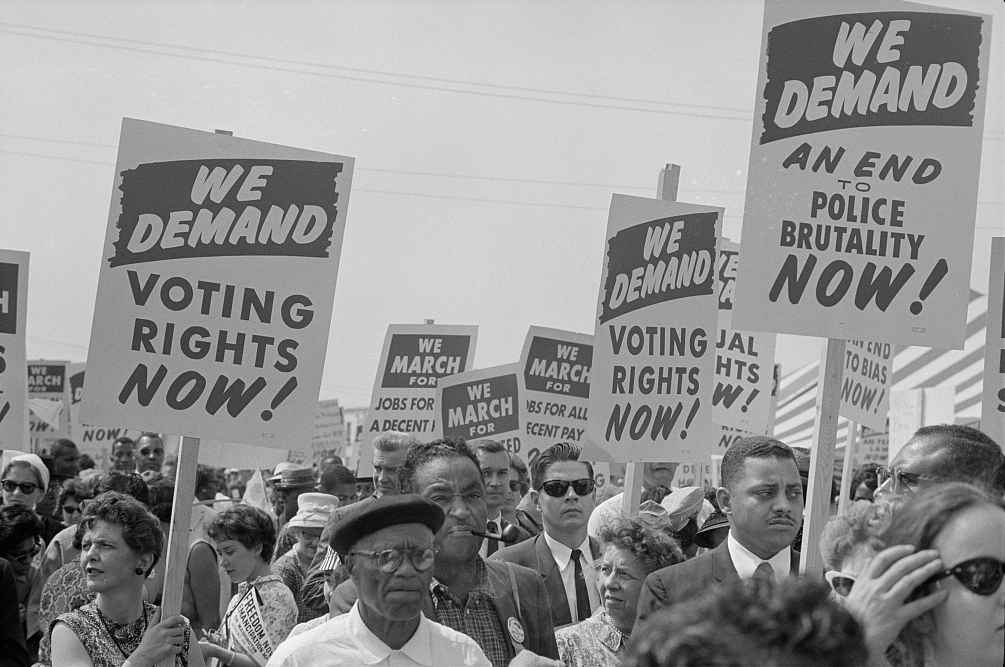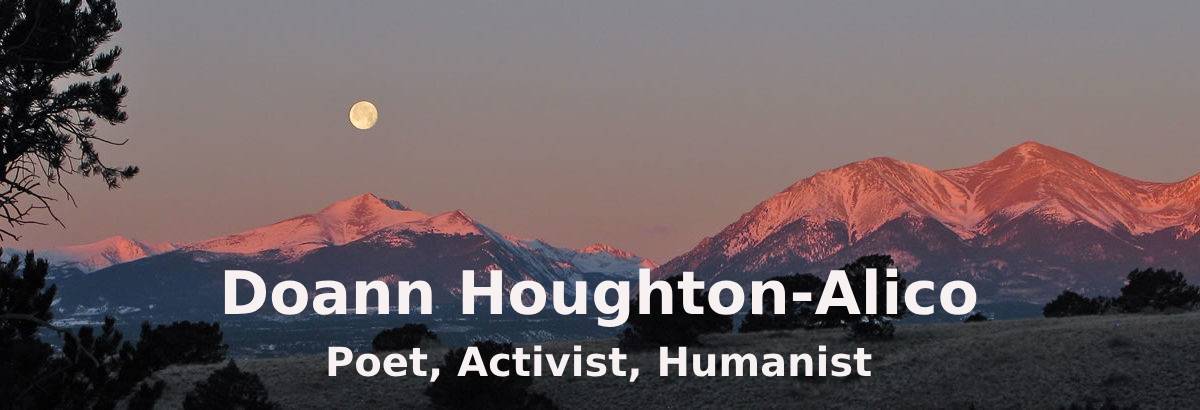Do you wonder why Juneteenth celebrates the end of slavery and emancipation for the thousands of Blacks held in that inhumane and inhuman condition some 2 ½ years after the Emancipation Proclamation? The date celebrated is June 19, 1865 when Army Major Gordan Granger rode into Galveston, Texas and announced that Texas slaves were now free. They were the last enslaved people in the United States to be told of their freedom. The Emancipation Proclamation was issued by President Lincoln, as we all know, on January 1, 1863. The Civil War actually ended with Confederate General Lee’s surrender at Appomattox Court House and the final terms of surrender signed on April 9, 1865 at 3:00 p.m.
A good introduction to the day is included on the Appomattox Court House National Park website, written by Joe Servis, a Teacher at Appomattox County High School. A link to that is below. As Mr. Servis concludes: “Perhaps more than being an end or a beginning, the surrender at Appomattox should be viewed as an intersection of change. Most events in human history rarely have neat and tidy beginnings and endings, and the surrender at Appomattox is no exception.” Grant, the biography by Ron Cernow, which is excellent, also includes a detailed view of that day. There are many other books and websites about both the last battles and the surrender.
Juneteenth celebrates a day 2 ½ years after the Emancipation Proclamation and 2 months and 10 days after the end of the Civil War. But it does celebrate the day when the last Blacks in this country (ironically in Texas) were actually freed. It was declared a National Holiday in June 2021 by President Biden.
Unfortunately, for thousands of Blacks that freedom was short lived, because of a system of peonage or serfdom, aka, debt servitude; yes, back to the Middle Ages. Serfdom actually existed in Europe from the decline of the Roman Empire until the mid-1860s, quite some time after the French Revolution of 1789-99, which was a catalyst for change, although it took several more years before serfs were emancipated throughout Europe. Not so in the United States, which was just getting started.
Reconstruction was resisted in the South. After Lincoln was assassinated, and Andrew Johnson became president, (who now is probably considered the 2nd worst president, having moved down a spot thanks to Trump) the South found support in Johnson. The Southern landed elite still needed cheap labor. There’s a entire fascinating story behind this. You can easily learn about how this worked, especially using convict labor; many convicts, of course, often not being guilty of anything, on a PBS series: “Slavery by Another Name.” I recommend it! But the point here is Juneteenth, although watching this may be a good way to pay homage to the holiday!
Granted, until Black Lives Matter caught the attention of non-Blacks, few besides the Black community celebrated Juneteenth. Still, it is often more of an extended family backyard get-together, although several cities now have parades and festivals. It’s a time for special food, camaraderie, beer and strawberry punch, and for some, a remembrance of their history, which is our history too. Red is a predominate color, which represents the blood of Blacks at the hands of whites.
Take a look at this brief video clip from the Equal Justice Initiative, which I have visited in Montgomery, Alabama: https://calendar.eji.org/racial-injustice/jun/19
Do SOMETHING to move equality forward, even if it’s just to learn more about our real history.
Links:
https://www.nps.gov/apco/learn/historyculture/the-surrender-meeting.htm
Southern Poverty Law Center: https://www.splcenter.org/
Black Voters Matter: https://blackvotersmatterfund.org/
Equal Justice Initiative: https://eji.org/
Another way to respect Juneteenth, watch Just Mercy, a 2019 film about civil rights lawyer Bryan Stevenson. It’s available to rent or buy and stream at https://www.justmercyfilm.com/


PS I haven’t forgotten my work on climate change. In fact, I have some new research I’m pursuing to write about soon. But Juneteenth is NOW.